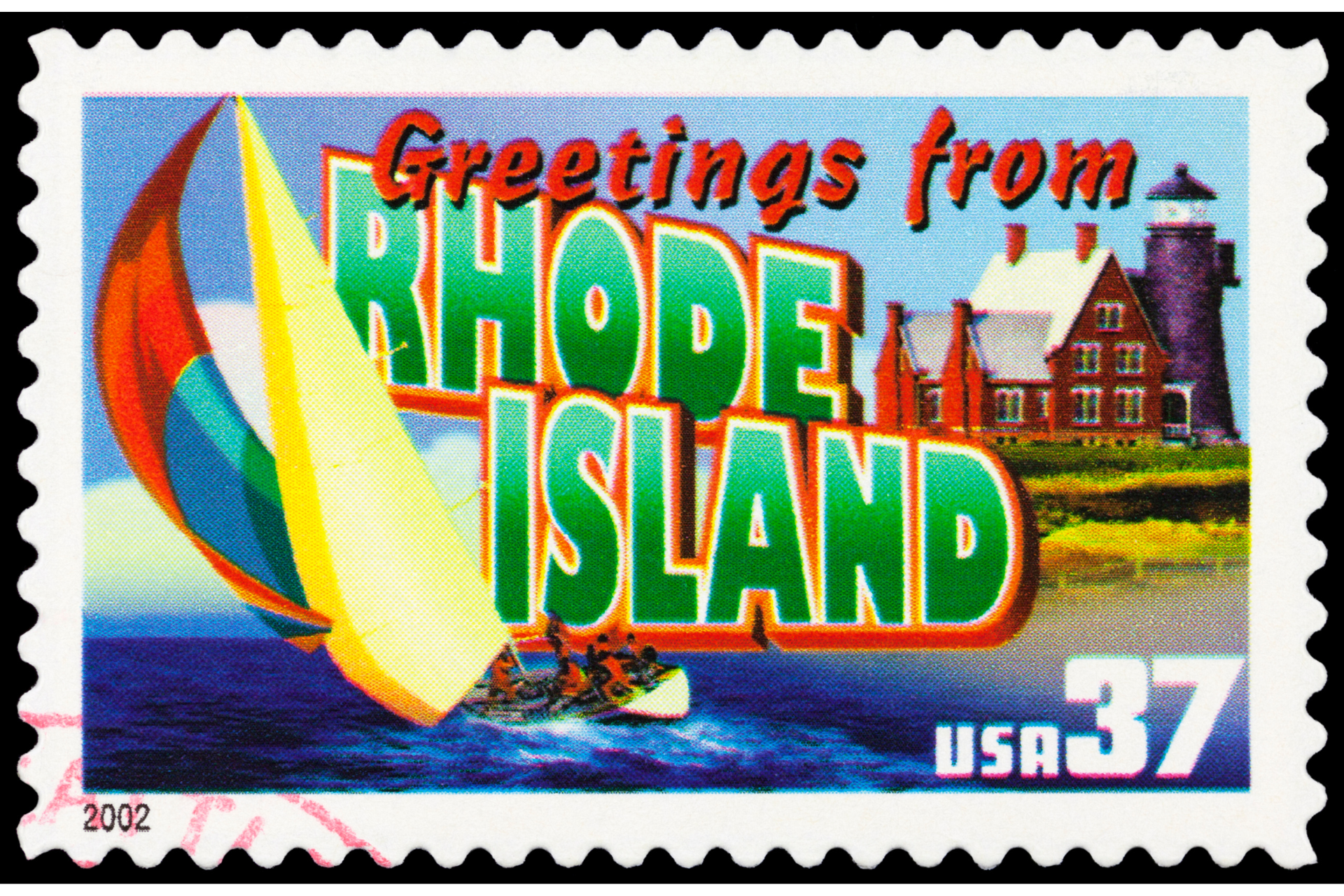Members of the Illinois National Guard Special Forces Unit and the Puerto Rico National Guard trained together at Camp Santiago in Salinas, Puerto Rico earlier this month.
The training focused on military operations in urban settings, marksmanship, and close quarters combat, but both sides reported that they also benefited in another way. The trainings were conducted in English and Spanish, the two official languages of Puerto Rico, providing opportunities to increase language proficiency on both sides.
In addition to opportunities to polish up their English and Spanish skills, the soldiers had opportunities to work in situations in which the ability to communicate across language and culture is important. Clearly, this is often the case in actual combat situations. The Illinois National Guard specifically mentioned this benefit of the training in their official press release.
The possibility of linguistic problems is one of the most frequently cited obstacles to statehood for Puerto Rico. The potential problems cited usually include these:
- Puerto Rico would lose its language. The phrase “… and culture” is usually added. The truth is, there are now more Puerto Ricans on the mainland than in Puerto Rico. This growing migration – combined with increased ease of travel and communication – makes some increased assimilation inevitable regardless of whether or not Puerto Rico ever becomes a state. While Puerto Ricans on the mainland are more likely to speak English than most other Hispanic groups, there is no shortage of proud Boricuas in the states and still plenty of Spanish spoken.
- Puerto Rico would be unable to communicate with the rest of the nation. Proceedings in federal court in Puerto Rico are already conducted in English. More than 34 million people on the U.S. mainland speak Spanish, and plenty of people in Puerto Rico are fluent in English. The precedent and numbers suggest that Puerto Rico’s becoming a state would not lead to a loss of the ability to communicate with the mainland. What’s more, other territories – such as New Mexico and Arizona – have become states when their local language was something other than English. An inability to communicate with the rest of the nation does not seem to have been a problem in these previous cases.
- Puerto Rico would be like Quebec. There is a separatist movement in Quebec and there is an independence movement in Puerto Rico; this is not automatically a language-based issue. On the other hand, Quebec is extremely serious about requiring accommodations for French speakers, while Puerto Rico has already declared both Spanish and English official languages.
These often-cited consequences of statehood seem less likely to become the reality than — the reality, as embodied in the experience of joint military training between Illinois and Puerto Rico.
Bilingualism has the potential to enrich the United States without impoverishing Puerto Rico.


